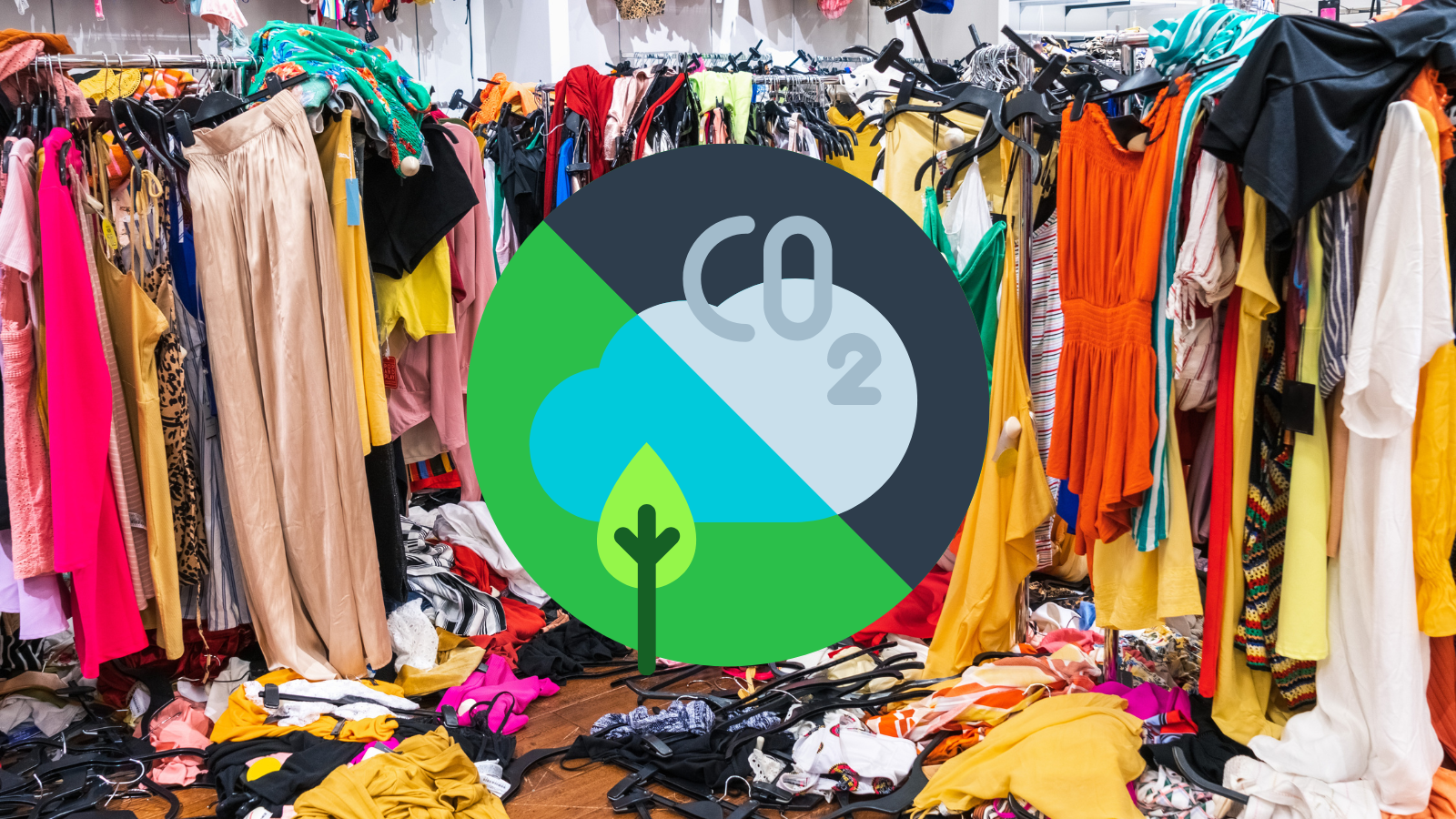Fashion brands are hurting the climate
Many major fashion brands are under scrutiny for receiving a C-level grade or lower on decarbonization progress. Out of the 43 fashion companies graded, 6 of them received an F and more than half received a D. Some of the companies that received such a low score include fast fashion giant Shein and even luxury company Prada, which were both included in the F-level score. Most people are saying it is very disappointing to see no change in these multimillion dollar companies. According to data, apparel and footwear alone make up 8.1% of the climate's impact. The Intergovernmental Panel on Climate Change has said that humans have caused a 1.1 Celsius degree rise in temperature in the last century.
Many other large companies were scored by the index used for carbon emissions, and it was surprising to see how many scored such a low letter grade. The emissions are scored by the “Scope 3,” which measures the carbon footprint in a letter grade. Only 2 companies scored above a C, and neither got above a B-level score. The companies included Eileen Fisher and Kering. Other retail giants like Amazon, Walmart, and Target all scored an F because they do not use low-carbon materials.
The rise of fast-fashion e-commerce giants like Shein and Temu is shaking up the global air cargo sector, according to industry insiders.
Lawmakers are intensifying their scrutiny of Shein, a Chinese fashion retailer, following its confidential filing for an initial public offering (IPO) in the United States.
Shein, the fast-fashion retailer with a reported valuation of $66 billion, is looking to go public but faces several hurdles.
According to the U.S. Fashion Industry Association's latest industry survey, nearly 80% of fashion executives intend to decrease their sourcing from China over the next two years.
A growing number of US fashion companies are distancing themselves from China as their top supplier, with 61% of apparel retail CEOs no longer relying on China as their primary source.
Retail giant Walmart has set its sights on promoting sustainable fashion within its supply chain
A group of lawmakers has urged the Securities and Exchange Commission (SEC) to delay the initial public offering of Chinese fast-fashion retailer, SHEIN, until it can be verified that the company does not use forced labor from the Muslim population in China.
Bipartisan lawmakers have asked the United States Securities and Exchange Commission (SEC) to investigate Chinese fast fashion retailer Shein's business practices for evidence of forced labor from China's Muslim Uyghur population before its reported initial public offering (IPO).
As many are aware, the fashion industry is notorious for its lack of sustainability and overproduction.
Many major fashion brands are under scrutiny for receiving a C-level grade or lower on decarbonization progress.
Mango published a complete list of its tier 3 suppliers last week, on a mission to lead the charge toward better sustainability practices in the fashion industry.
Shein, the fast fashion giant that has taken the younger generations by storm, is looking to switch up their image.













A skit on "Saturday Night Live" recently spoofed fast fashion brands Shein and Temu, highlighting the industry's dark side.